
A dozen scientists, politicians, and campaigners say they have been tricked into participating in online events promoting climate-change denial. The events were organised by the Creative Society, an international activist group that denies global warming is being caused by human activity. The overwhelming majority of scientists agree greenhouse gases – which trap the Sun’s heat – are causing a rise in global temperatures.
But the Creative Society alleges, without any credible evidence, a conspiracy and condemns what it calls the “CO2 fraud”.
The group told BBC News it “provides a platform for all ideas to be expressed” and rejected allegations it tricked anyone into participating in its events.
From ‘cosmic pulses’ to ‘corrupted scientists’
The Creative Society says it has su...
Read More










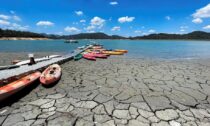
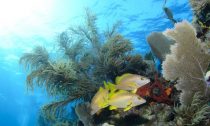
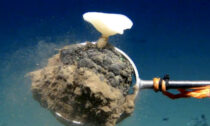
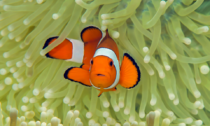

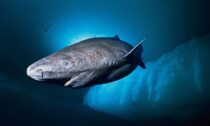


Social Profiles